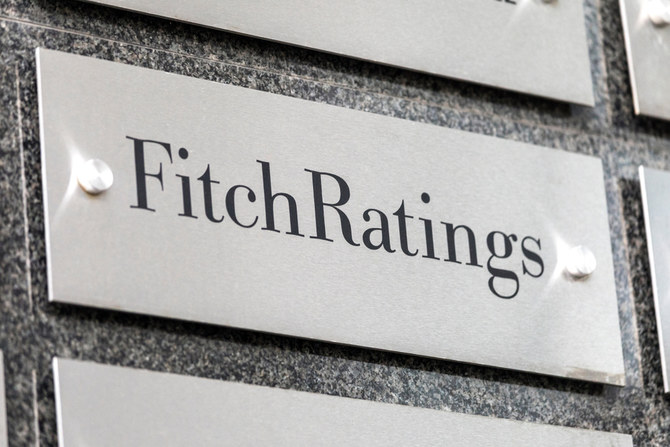
Fitch said recent actions by Erdogan that could weaken central bank independence meant stewardship of the economy could suffer
WASHINGTON: The ratings agency Fitch on Friday downgraded Turkish sovereign debt a notch to ‘BB’ with a negative outlook, citing inflation and widening current account deficit.
The decision followed S&P’s move in May to cut the country debt ratings, likewise amid concerns about Ankara’s worsening finances and weakening currency.
Recent actions by President Recep Tayyip Erdogan that could weaken central bank independence meant stewardship of the economy could suffer, Fitch said in a statement.
“In Fitch’s opinion, economic policy credibility has deteriorated in recent months and initial policy actions following elections in June have heightened uncertainty,” Fitch said in a statement.
“This environment will make it hard to engineer a soft landing for the economy.”
Fitch said trouble was on the horizon for Turkey’s economy. Annual inflation hit a 15-year high last month of 15.4 percent, driven by the falling lira, which has lost 27 percent so far this year.
While the central bank has raised interest rates by five percentage points since April, Fitch forecasts inflation will be double that of other countries in the ‘BB’ category.
The current account deficit is expected to widen to 6.1 percent of GDP this year, but should decline to 4.1 percent next year by the weakening lira, lower oil prices and a growing tourism sector.
And with foreign investment at a low ebb, the government will have to resort to borrowing to finance the budget deficit, which is expected to drive net external debt to 35 percent of GDP by year end.
“Turkey’s large gross external financing requirement leaves it vulnerable to shocks,” the agency said, estimating external borrowing needs at $299 billion for 2018.
Meanwhile, the central bank’s credibility was “damaged” after Erdogan suggested his government could take a greater role in setting monetary policy.
“Subsequent amendments to the central bank’s articles of association appear to strengthen the president’s influence, notably over key appointments,” Fitch said.












